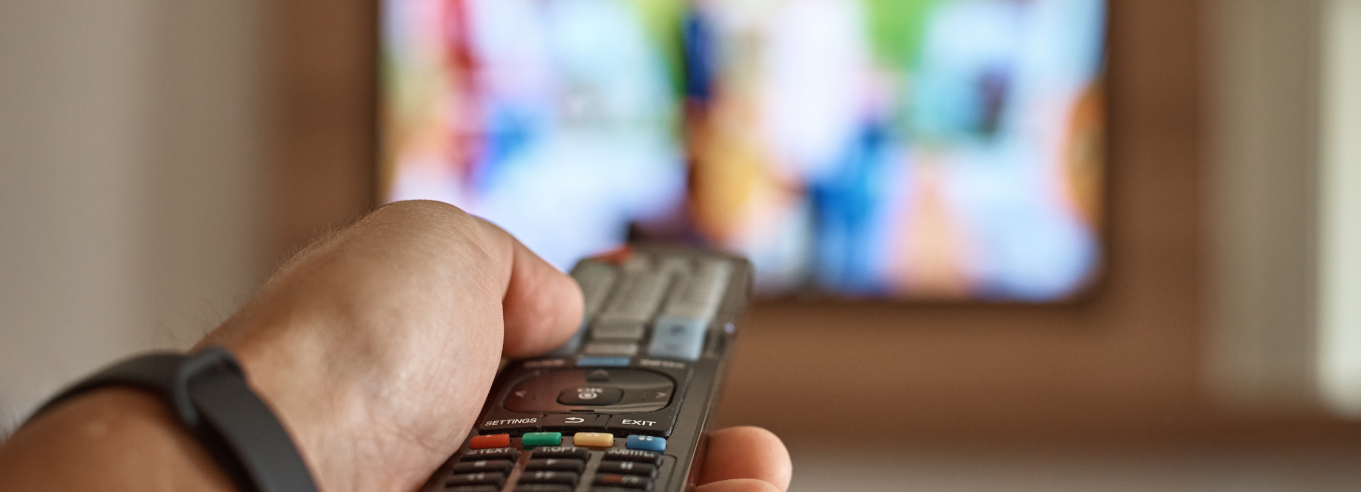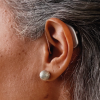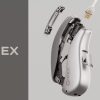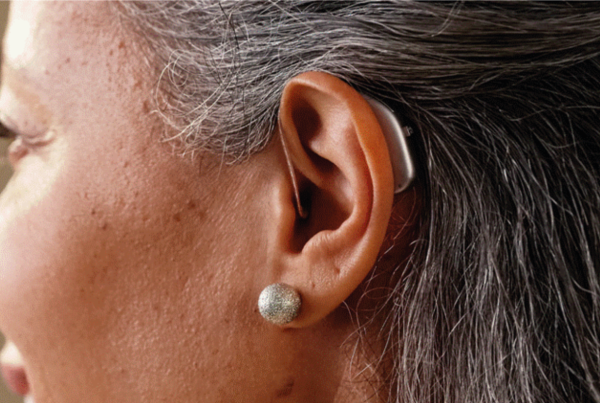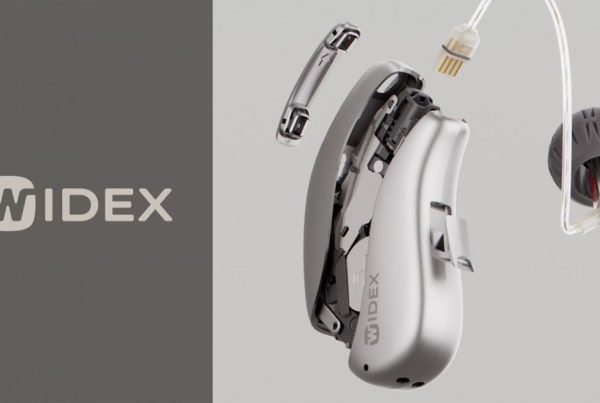TV, films and music are here to be enjoyed by all, including those with hearing loss. This is something we’re passionate about at DigiClear, and continue to strive to help our clients hear in all situations.
The entertainment industry is committed to this too, demonstrating a great awareness of being inclusive and diverse! In this article, we explore how the industry continues to educate and transform the lives of those with hearing disabilities. As well as this, we explore the importance of normalising hearing loss for people of all ages and the role that the entertainment industry has in this.
Rose Ayling-Ellis may be a name you have heard a lot in the last few weeks. If you haven’t, read on to learn more about this remarkable role-model.
Rose Ayling-Ellis – Strictly Come Dancing (2021)
The EastEnders’ actor is Strictly Come Dancing’s first deaf contestant looking to debunk the harmful myths surrounding the deaf community.
Rose has set out to prove music and dance can be enjoyed by everyone. She explains how she feels vibrations from the live band, helping her maintain rhythm when she takes to the dancefloor. Strictly staff have all received professional deaf awareness training, with presenters on set to help Rose take on board the judges’ feedback.
Rose states,
“You need more behind the camera, in the writing teams, or as producers and Directors”. “We need people behind the scenes because that’s what makes it authentic and real to what deaf people’s experiences are like”.
We are excited to see where this journey takes Rose and hope that it inspires others within the deaf community!
A Star Is Born (2018)
For many people suffering from tinnitus, Jackson Maine’s fictional battle is truly relatable.
Throughout the film, we see Jackson refusing to wear his hearing devices and hearing protection which only makes matters worse for him. According to the Hearing Health Foundation, musicians are nearly 4x more likely to suffer from noise-induced hearing loss than non-musicians and 57% more likely to suffer from tinnitus.
The film illustrates the struggles faced by tinnitus sufferers in their social life, work-life and overall mental wellbeing. Jackson’s story also demonstrates how his coping mechanisms only seem to make his struggles worse.
Hearing loss is often presented in the media in connection with ageing. However, according to WHO, 1 billion young adults are at risk of permanent, avoidable hearing loss due to unsafe listening practices. For more information on how to avoid hearing loss, or to get some support with tinnitus, contact us today to speak with an experienced audiologist.
(Trigger Warning: Briefly mentions suicide).
Toy Story 4 (2019)
The entertainment industry plays a vital role in breaking down the stereotypes associated with disabilities. For example, glasses, once stereotyped as ‘nerdy’, are now considered fashionable.
Finally, you may not have picked up on the creators of the beloved Toy Story 4 featuring a young child wearing a cochlear implant with a bright green processor. This is a fantastic way to teach a young demographic the ‘normalities’ of hearing loss affecting people of all ages.

It’s great to see a better representation of the disability to help educate views about the struggles faced. It’s crucial to keep the pace and increase knowledge across the board.
The entertainment industry is increasingly becoming more committed to being inclusive and accessible for the deaf community. We look forward to seeing how the entertainment industry maintain the pace of hearing loss in films and TV. We hope to bring you more positive news in the future!
If you are concerned about your hearing or the hearing of a loved one, please do get in touch with us to book a consultation. The battle against hearing loss starts with a first step and we’re here to help you every step of the way!

